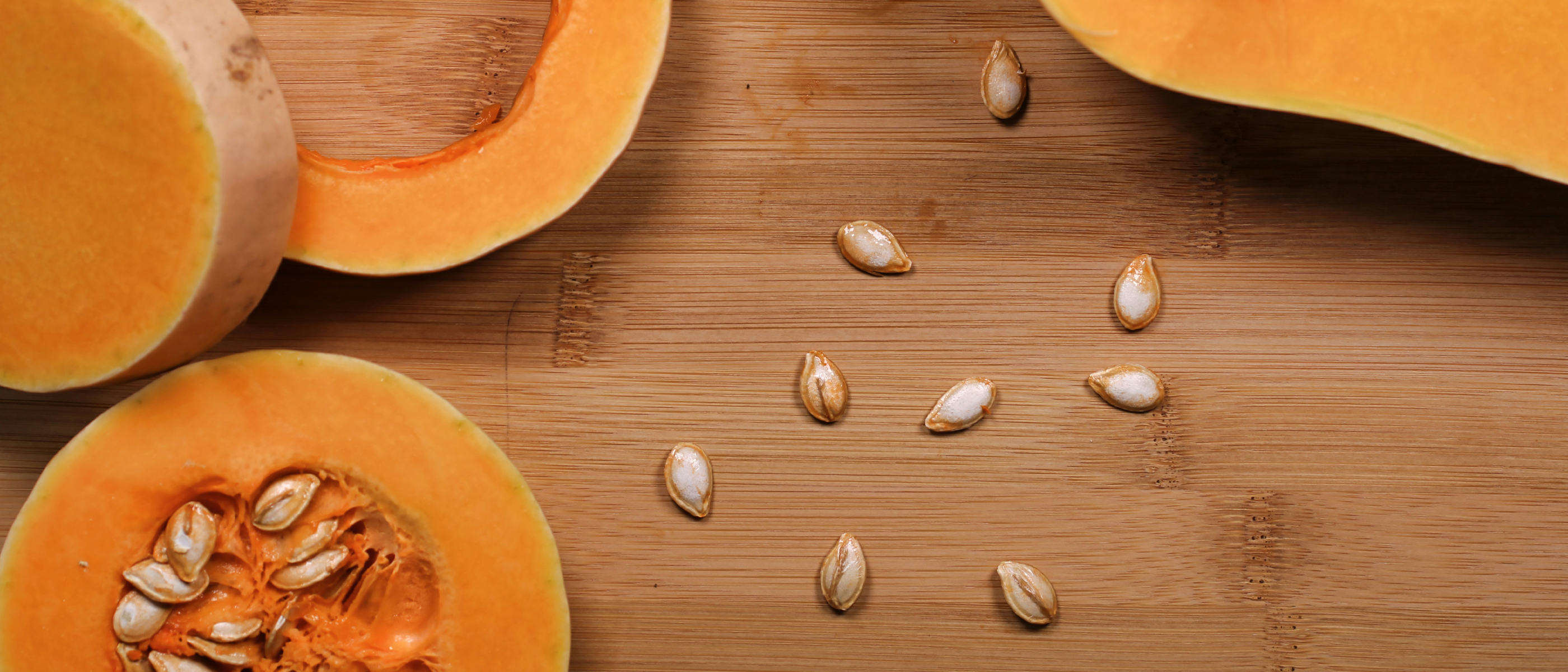What Happens to Your Body When You Eat Butternut Squash Regularly
Posted on June 28, 2025 • 3 min read • 599 wordsDiscover the transformative effects of incorporating butternut squash into your daily diet, from gut health to nutrient absorption.

If you’ve ever roasted a butternut squash and savored its sweet, nutty flavor, you might already suspect it’s more than just a seasonal treat. This vibrant orange vegetable, a member of the Cucurbita moschata family, is packed with nutrients that can trigger measurable changes in your body when eaten regularly. From boosting your gut health to enhancing antioxidant defenses, let’s explore the science-backed transformations your body undergoes when butternut squash becomes a staple in your diet.
1. Your Gut Microbiota Gets a Boost
Your gut is home to trillions of microbes, and their balance directly impacts digestion, immunity, and even mood. Regular consumption of butternut squash can act as a prebiotic, nourishing beneficial bacteria. A 2024 study using an in vitro model of human colonic fermentation found that butternut squash fiber—particularly pectin—stimulates the growth of Lactobacillus and Bifidobacterium, two key probiotic genera [1] . These bacteria not only aid digestion but also produce short-chain fatty acids (SCFAs) like butyrate, which support colon health and reduce inflammation.
2. Antioxidant Defenses Strengthen
The rich orange hue of butternut squash comes from carotenoids, including β-carotene and lutein—powerful antioxidants that neutralize free radicals. A 2024 study analyzed carotenoid extracts from butternut squash and found they exhibit strong in vitro antioxidant activity, measured via ABTS and ORAC assays [2] . Over time, this antioxidant boost may reduce oxidative stress, a key driver of chronic diseases like heart disease and certain cancers.
3. Iron and Zinc Status Improves (Especially for Vulnerable Groups)
For children or individuals at risk of nutrient deficiencies, butternut squash seeds—often discarded—are a hidden gem. A 24-week trial in South African preschoolers found that consuming butternut squash seed paste twice weekly significantly increased serum iron, ferritin, and zinc levels [3] . This is critical, as iron and zinc deficiencies impair cognitive development and immune function.
4. Nutrient Retention Depends on Preparation Methods
How you prepare butternut squash affects its nutritional value. A 2021 study comparing drying methods (freeze-drying, sun-drying, etc.) found that freeze-drying preserved the highest levels of chlorophyll, phenolic compounds, and ascorbic acid in butternut squash leaves [4] . For the flesh, roasting (rather than boiling) minimizes nutrient loss, as water-soluble vitamins like vitamin C leach into cooking water.
5. Even Wastes Offer Health Benefits
You might toss the skin and seeds, but they’re rich in bioactive compounds. A 2020 study reported that butternut squash skin phenolic extracts have higher antioxidant activity than the seeds, while seed protein hydrolysates show antihypertensive potential [5] . Consider blending seeds into smoothies or toasting them for a crunchy snack.
Food Nutrient Profile of Butternut Squash
Butternut squash is low in calories but high in essential nutrients. Here’s a breakdown per 100g of raw flesh:
| Nutrient | Amount per 100g | Daily Recommended Intake (Adults) |
|---|---|---|
| Calories | 37 kcal | Varies (2000-2500 kcal) |
| Protein | 1.3 g | 46-56 g |
| Dietary Fiber | 2.2 g | 25-30 g |
| Carbohydrates | 6.7 g | 130 g (minimum) |
| Fat | 0.5 g | 20-35% of total calories |
The fiber content alone makes it a valuable addition to a balanced diet, contributing to satiety and blood sugar regulation.
Conclusion
Incorporating butternut squash into your regular meals isn’t just about enjoying its delicious flavor—it’s a strategic move to support multiple aspects of your health. From nurturing your gut microbiome to enhancing antioxidant defenses and addressing nutrient gaps, this versatile vegetable offers tangible benefits. Whether roasted, pureed, or added to soups, butternut squash proves that simple dietary choices can lead to profound bodily transformations. So the next time you reach for this autumn staple, remember: you’re not just eating a vegetable—you’re fueling a healthier you.
Sources
-
Nieto, Juan Antonio. Fiber from elicited butternut pumpkin (Cucurbita moschata D. cv. Ariel) modulates the human intestinal microbiota dysbiosis. International journal of biological macromolecules.(2024). ↩︎
-
Pinna, Nicola. Carotenoids from Different Pumpkin Varieties Exert a Cytotoxic Effect on Human Neuroblastoma SH-SY5Y Cells. Nutrients.(2024). ↩︎
-
Motadi, Selekane Ananias. Effects of Cucurbita Moschata squash (Butternut) seed paste in improving zinc and iron status in children attending Early Childhood Development centres in Limpopo province, South Africa. PloS one.(2024). ↩︎
-
Mashitoa, Florence M. Influence of Different Types of Drying Methods on Color Properties, Phenolic Metabolites and Bioactivities of Pumpkin Leaves of var. Butternut squash (Cucurbita moschata Duchesne ex Poir). Frontiers in nutrition.(2021). ↩︎
-
Li, Haoxin. Evaluation of bioactivity of butternut squash (Cucurbita moschata D.) seeds and skin. Food science & nutrition.(2020). ↩︎